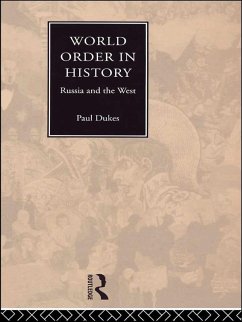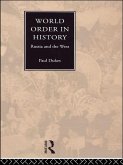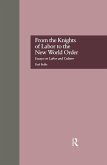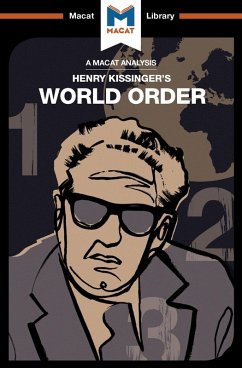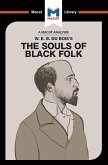Paul Dukes demonstrates how a series of successive historians and analysts attempt to make sense of the world in which they live, often appropriating intellectual ideas spawned in different contexts in order to do so. Hindsight allows us to view stages in the evolution of these interpretations, and to recognise that they are limited by the constraints of the age in which their authors lived.
Dukes pursued these arguments with particular reference to Russia and the Western world from the early modern period right up to the present. He draws conclusions on the state of the debate in the nineties, and offers some views as to the way forward for historians of Russia and the wider world.
This book will be of interest to all concerned with the study of history, in particular philosophy of history and Russian history.
Dieser Download kann aus rechtlichen Gründen nur mit Rechnungsadresse in A, B, BG, CY, CZ, D, DK, EW, E, FIN, F, GR, HR, H, IRL, I, LT, L, LR, M, NL, PL, P, R, S, SLO, SK ausgeliefert werden.

